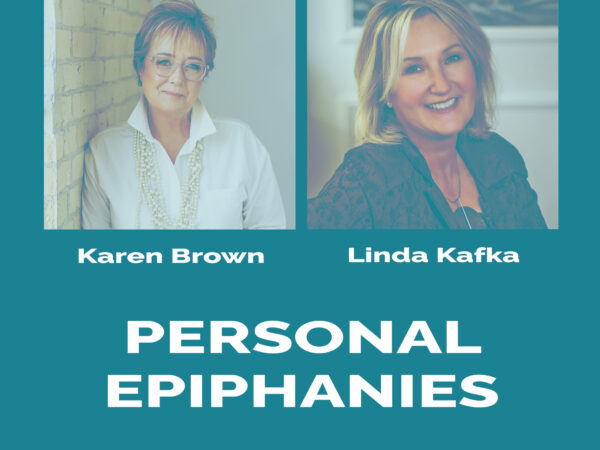For many older adults, the notion of legal marriage may seem like a relic of their youth or a formality long surpassed. Been there, done that, or perhaps being free of responsibility for another person might be the feeling for some. However, as we experience the complexities of aging, legal marriage may offer a multitude of benefits and opportunities for both partners. Let’s consider why legal marriage remains a valuable consideration for older adults.
1. Companionship and Support: At its core, marriage symbolizes a bond of companionship and support that most of our generation see as the norm we were raised with. If not in real life, then on TV shows like Leave It To Beaver or Father Knows Best. As we age, the importance of having a committed companion becomes increasingly evident. Legal marriage solidifies this bond, providing a sense of security and assurance that someone will be there through life’s trials and triumphs. Whether it’s navigating health challenges or celebrating milestones, having a committed partner by your side can make all the difference in maintaining emotional well-being.
2. Legal Protections: Legal marriage offers a myriad of protections and rights that can prove invaluable in later years. From inheritance rights to decision-making authority in medical emergencies, married couples enjoy legal safeguards that provide peace of mind and ensure their wishes are honored. This becomes particularly crucial as individuals age and may require assistance in managing their affairs. With the rate and age of ‘grey divorce‘ increasing in Canada, leaving many without the protections they took for granted, many singletons struggle to build safety nets back into their lives. Navigating the complexities can be fraught with uncertainty and potential challenges. It can be even more challenging for unmarried couples who have adult children from previous relationships.
3. Financial Stability: The financial aspects of marriage can also be advantageous for older adults. Through shared assets and retirement benefits, married couples can bolster their financial security and plan for the future more effectively. Additionally, tax benefits and spousal benefits from Old Age Security or pension plans can provide a welcome boost to income during retirement years. Couples may be able to create a stronger financial foundation for themselves and their families by pooling resources and working together.
4. Access to Healthcare: As health concerns become more prevalent with age, access to healthcare becomes increasingly critical. Legal marriage can facilitate access to healthcare benefits, including coverage under a spouse’s insurance plan. This can alleviate the financial strain associated with medical expenses and ensure both partners have access to necessary healthcare services. Furthermore, married couples may qualify for certain long-term care benefits or insurance options that are not available to unmarried individuals.
5. Social Recognition and Integration: Finally, legal marriage provides a sense of social recognition and integration that can enhance overall well-being. Although attitudes are changing and, increasingly, unmarried couples are recognized as partners, the social circles that couples travel in often quietly determine the acceptability of unmarried partners versus legally married couples. Being part of a legally recognized union can affirm one’s status as part of a committed partnership, fostering a sense of belonging within the community. This can be particularly meaningful for older adults who may feel isolated or lonely. Through marriage, individuals can cultivate meaningful connections and engage more fully in social activities and support networks.
From emotional support to legal protections and financial stability, the institution of marriage can provide a solid foundation upon which couples can build their future together. Depending on how couples choose to live, socialize and deal with family, partners may be able to achieve the same goals without the benefit of legal marriage. For some, even living together full-time is too great a commitment yet they are embraced in their community as partners. Everyone needs to make their own decision based on individual needs and the availability of protections, legal and otherwise, to accomplish their life goals.






Add Your Voice
0 Comments
Join the Discussion